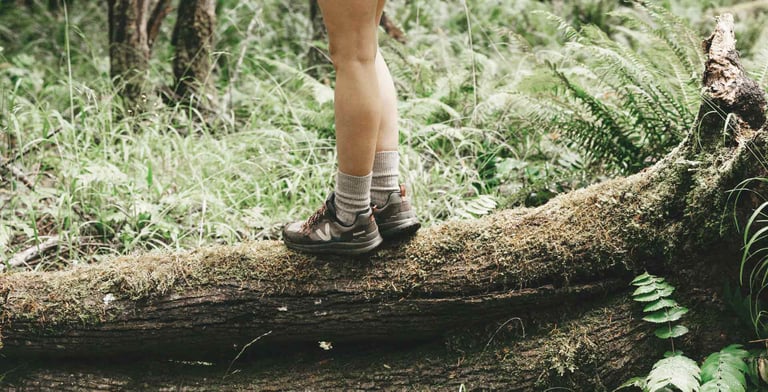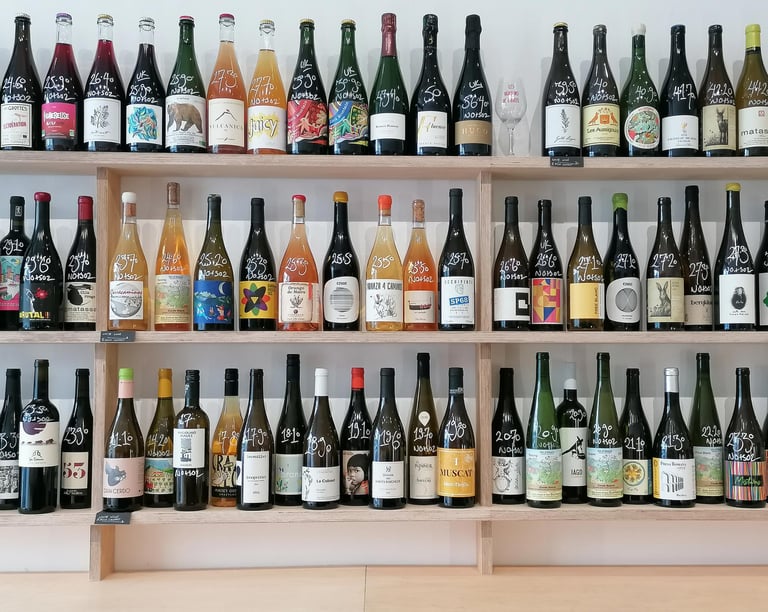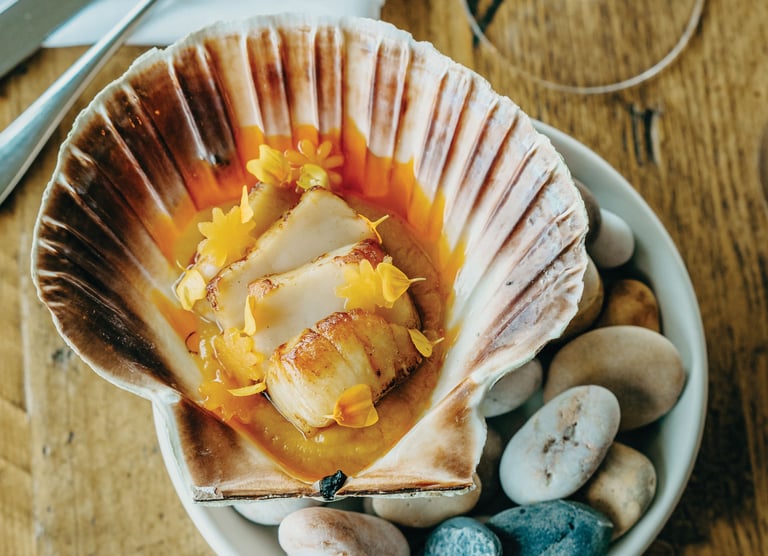John Wright, author of Hugh Fearnley-Whittingstall’s River Cottage handbooks on mushrooms, the edible seashore and hedgerows, reveals to Rosanna Rothery what foragers wish we knew about the ancient pastime of collecting wild edibles
MOST FORAGERS SHOP FOR FOOD TOO
Foraging takes up a great deal of time and not everyone lives within easy reach of seashore, woodland, hedgerow and field, so a lot of travelling can be involved. Getting enough calories is another problem as starch in worthwhile quantities is almost impossible to find – and you can’t forage for chocolate.
FORAGERS DON’T DESTROY THE COUNTRYSIDE
It is quite difficult to do any damage while foraging as most of what we collect is very common – or even weeds. We pick a few leaves here, a few mushrooms there and a seaweed frond or two elsewhere. Unlike with cultivated food, the land is wild when we arrive and wild when we leave. Foraging is a positive moral choice.
FORAGING IS NOT A “MIDDLE-CLASS FAD”
Throughout its evolutionary history, right up until the invention of agriculture, foraging (and hunting) was the only way our species could obtain food. It would be more accurate to say that the growing of food is a fad. Foraging (both now and in the past) is a part of life in all cultures. And “middle class”? What’s that all about?
“WEEDS” CAN OFFER A MULTITUDE OF GOURMET EXPERIENCES
Stinging nettles, fat hen, chickweed, sorrel, wild garlic and many more are all very good to eat, virtuously green and, let us not forget, free. But on the other hand you’ve got treats such as blackberry mousse, ceps à la crème, dulse rosti, rose petal and raspberry cocktail, wild samphire, stuffed parasol mushrooms, seaweed pannacotta, elderflower Turkish delight, crab apple vodka, sea buckthorn jelly and, of course, sloe gin.
FORAGERS ARE INDEED A BIT ODD
Since we are all foragers in our very bones and to forage is simply to follow a deep survival instinct, it is absurd to say that all foragers are odd. However … I attend the AGM of The Association of Foragers most years to catch up with old friends. With their interesting hair, sartorial excess and obsession with sea aster, mugwort, the more unpleasant varieties of milkcap or just about anything else, yes, they are all very odd indeed. Lovely people, but odd.









